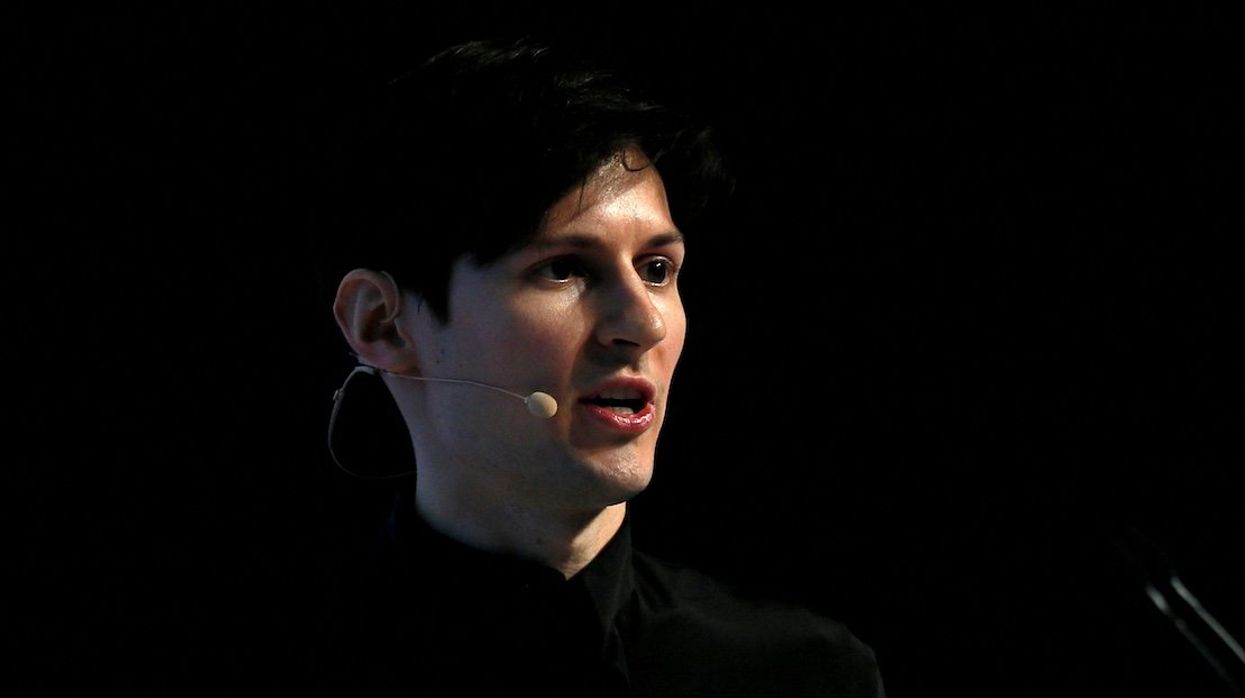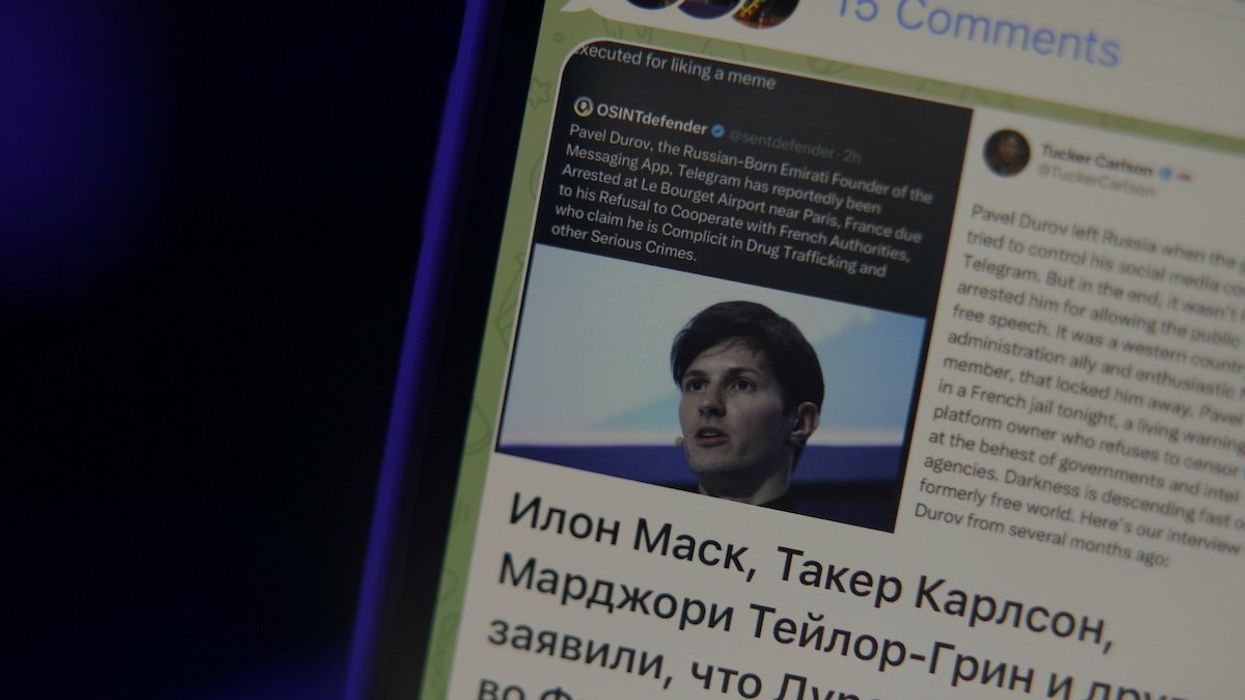What We're Watching
Telegram and X back down
Telegram now says it will share information with law enforcement “in response to valid legal requests," an about-face that came just days after self-styled “free speech” crusader Elon Musk climbed down in his battle with Brazil.
Sep 24, 2024






